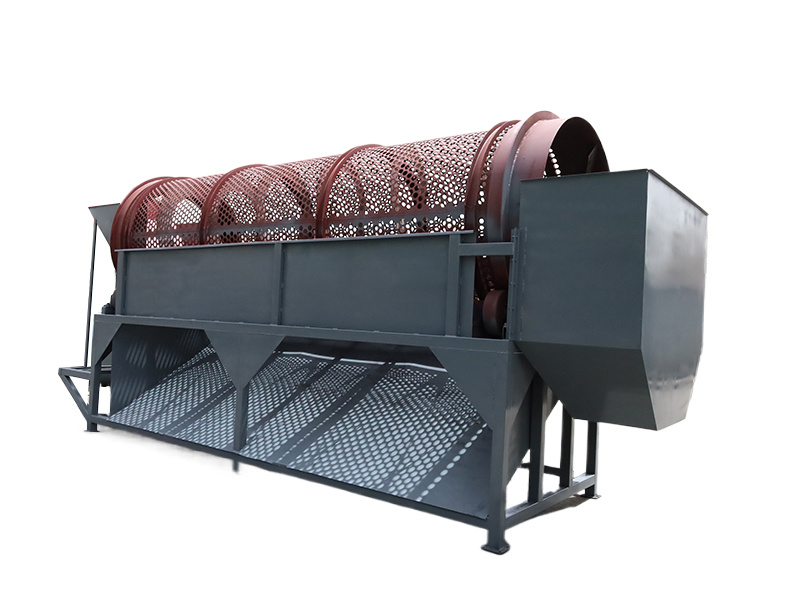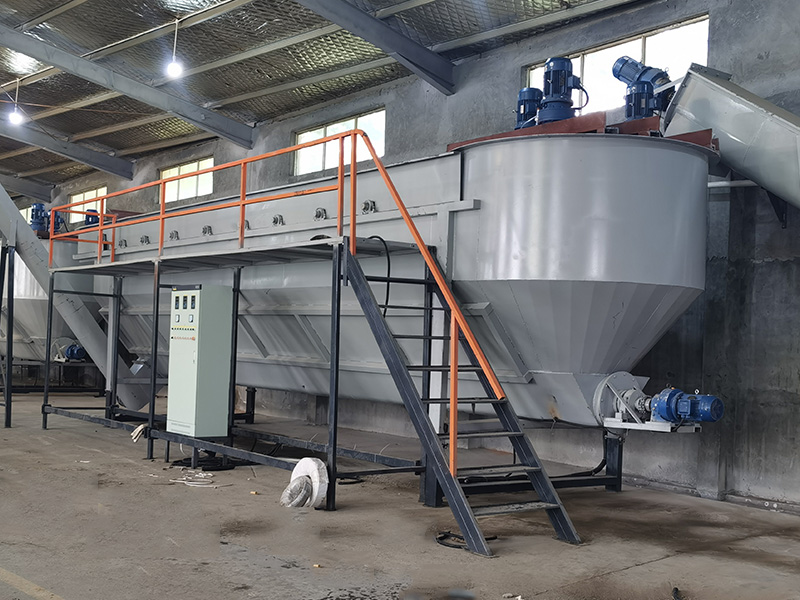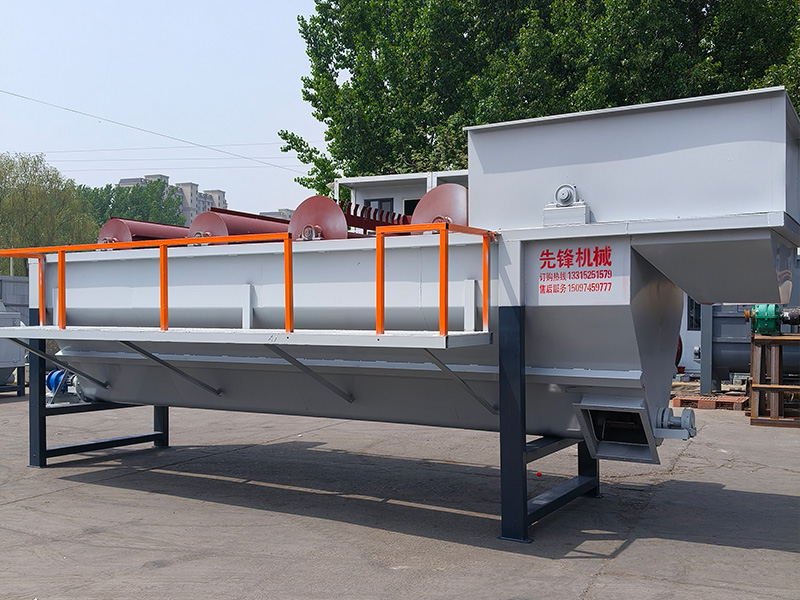Innovative Approaches to Plastic Waste Valorization in Manufacturing
Plastic waste valorization is increasingly becoming a focal point in the manufacturing industry, especially within the realm of plastic processing machinery. As industries face mounting pressure to minimize their environmental footprint, the valorization of plastic waste presents a viable solution for transforming discarded materials into valuable resources. This process not only aids in waste man
Jun 22,2025

Plastic waste valorization is increasingly becoming a focal point in the manufacturing industry, especially within the realm of plastic processing machinery. As industries face mounting pressure to minimize their environmental footprint, the valorization of plastic waste presents a viable solution for transforming discarded materials into valuable resources. This process not only aids in waste management but also enhances sustainability initiatives that many manufacturers are now prioritizing.
The concept of plastic waste valorization involves the utilization of plastic waste to create new products or feedstock for various processes. This can be achieved through different methods, including mechanical recycling, chemical recycling, and thermal conversion. Mechanical recycling is the most common technique, where plastic waste is shredded and reprocessed to produce pellets that can be used to manufacture new products. This method is efficient and allows manufacturers to reduce their reliance on virgin materials, thereby conserving resources.
Chemical recycling, on the other hand, breaks down plastic waste into its basic chemical components, allowing for the creation of new polymers. This process can handle a wider variety of plastics than mechanical recycling and can be more effective at addressing contaminated materials. As the technology behind chemical recycling continues to evolve, it becomes an increasingly attractive option for manufacturers looking to valorize plastic waste.
Thermal conversion involves the conversion of plastic waste into energy or fuels through processes such as pyrolysis or gasification. This method not only reduces the volume of plastic waste but also generates energy that can be utilized within manufacturing facilities. By integrating thermal conversion processes, companies can further enhance their sustainability efforts while also addressing waste management challenges.
Incorporating plastic waste valorization into manufacturing processes not only benefits the environment but can also lead to cost savings and operational efficiencies. By reducing waste disposal fees and lowering the need for virgin materials, businesses can enhance their bottom line while contributing to a circular economy. As stakeholders demand greater accountability in sustainability practices, manufacturers that embrace plastic waste valorization will likely find themselves ahead of the curve.
Furthermore, collaboration with technology providers and research institutions can facilitate the development of innovative solutions for plastic waste valorization. Such partnerships can lead to advancements in recycling technologies and better understanding of market trends, enabling manufacturers to adapt and thrive in an evolving marketplace.
In conclusion, plastic waste valorization stands as a critical strategy for manufacturers in the plastic processing industry. By effectively managing plastic waste, companies can drive sustainability, improve operational efficiencies, and contribute to a more circular economy. Embracing these practices not only addresses environmental challenges but also positions manufacturers as leaders in the quest for sustainable development.
The concept of plastic waste valorization involves the utilization of plastic waste to create new products or feedstock for various processes. This can be achieved through different methods, including mechanical recycling, chemical recycling, and thermal conversion. Mechanical recycling is the most common technique, where plastic waste is shredded and reprocessed to produce pellets that can be used to manufacture new products. This method is efficient and allows manufacturers to reduce their reliance on virgin materials, thereby conserving resources.
Chemical recycling, on the other hand, breaks down plastic waste into its basic chemical components, allowing for the creation of new polymers. This process can handle a wider variety of plastics than mechanical recycling and can be more effective at addressing contaminated materials. As the technology behind chemical recycling continues to evolve, it becomes an increasingly attractive option for manufacturers looking to valorize plastic waste.
Thermal conversion involves the conversion of plastic waste into energy or fuels through processes such as pyrolysis or gasification. This method not only reduces the volume of plastic waste but also generates energy that can be utilized within manufacturing facilities. By integrating thermal conversion processes, companies can further enhance their sustainability efforts while also addressing waste management challenges.
Incorporating plastic waste valorization into manufacturing processes not only benefits the environment but can also lead to cost savings and operational efficiencies. By reducing waste disposal fees and lowering the need for virgin materials, businesses can enhance their bottom line while contributing to a circular economy. As stakeholders demand greater accountability in sustainability practices, manufacturers that embrace plastic waste valorization will likely find themselves ahead of the curve.
Furthermore, collaboration with technology providers and research institutions can facilitate the development of innovative solutions for plastic waste valorization. Such partnerships can lead to advancements in recycling technologies and better understanding of market trends, enabling manufacturers to adapt and thrive in an evolving marketplace.
In conclusion, plastic waste valorization stands as a critical strategy for manufacturers in the plastic processing industry. By effectively managing plastic waste, companies can drive sustainability, improve operational efficiencies, and contribute to a more circular economy. Embracing these practices not only addresses environmental challenges but also positions manufacturers as leaders in the quest for sustainable development.
TAG:
Contact Us
E-mail :
Phone/WhatsApp:
Address:
Shunping, Baoding City, Hebei Province









